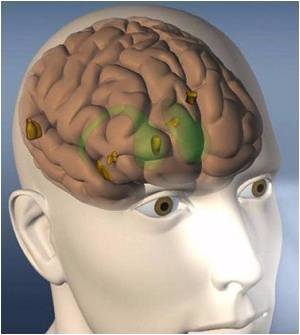The main reason behind the development of Alzheimer's is beta-amyloid proteins that form plaques on the brain cells.

TOP INSIGHT
Peripheral immune cells associate with the microglia of the brain to help get rid of Alzheimer's beta-amyloid plaque.
T cells, B cells and NK cells are peripheral immune cells while microglia is the immune cells in the brain, which have an effect on the beta-amyloid proteins.
So, after a period of six months, researchers found a two-fold increase in beta-amyloid protein accumulation in mice devoid of peripheral immune cells. Therefore, researchers again transplanted bone marrow cells into these mice, as the T cells, B cells and NK cells develop from the bone marrow cells.
After a period, they found that the beta-amyloid accumulation reduced in the mice, showing the link between the peripheral immune cells and microglia. The study was published in the journal Proceedings of the National Academy of Sciences.
Researchers concluded that reconstitution of the missing cells allowed the B-cells to produce antibodies that reached the brain and helped the microglia eradicate the beta-amyloid.
 MEDINDIA
MEDINDIA




 Email
Email





